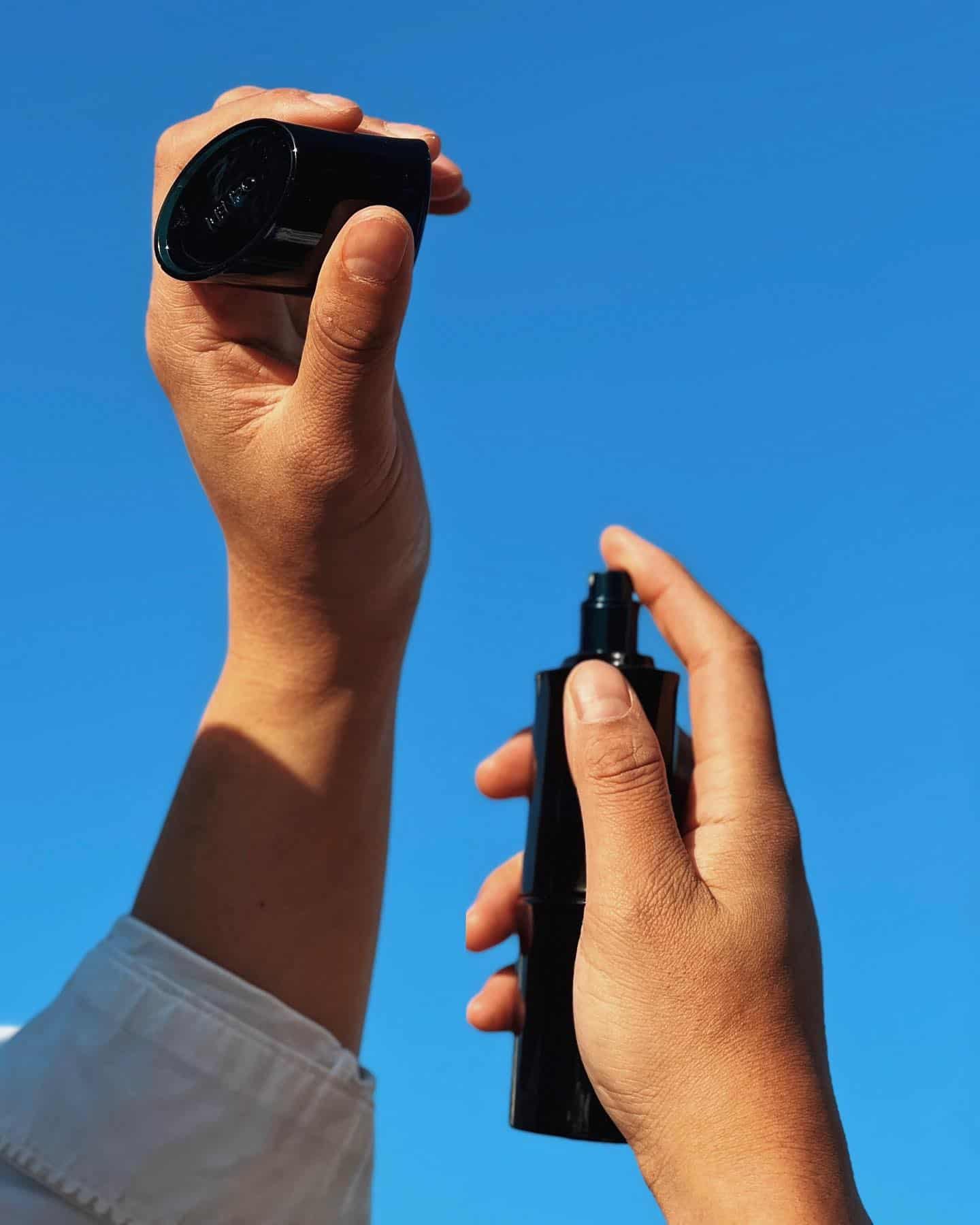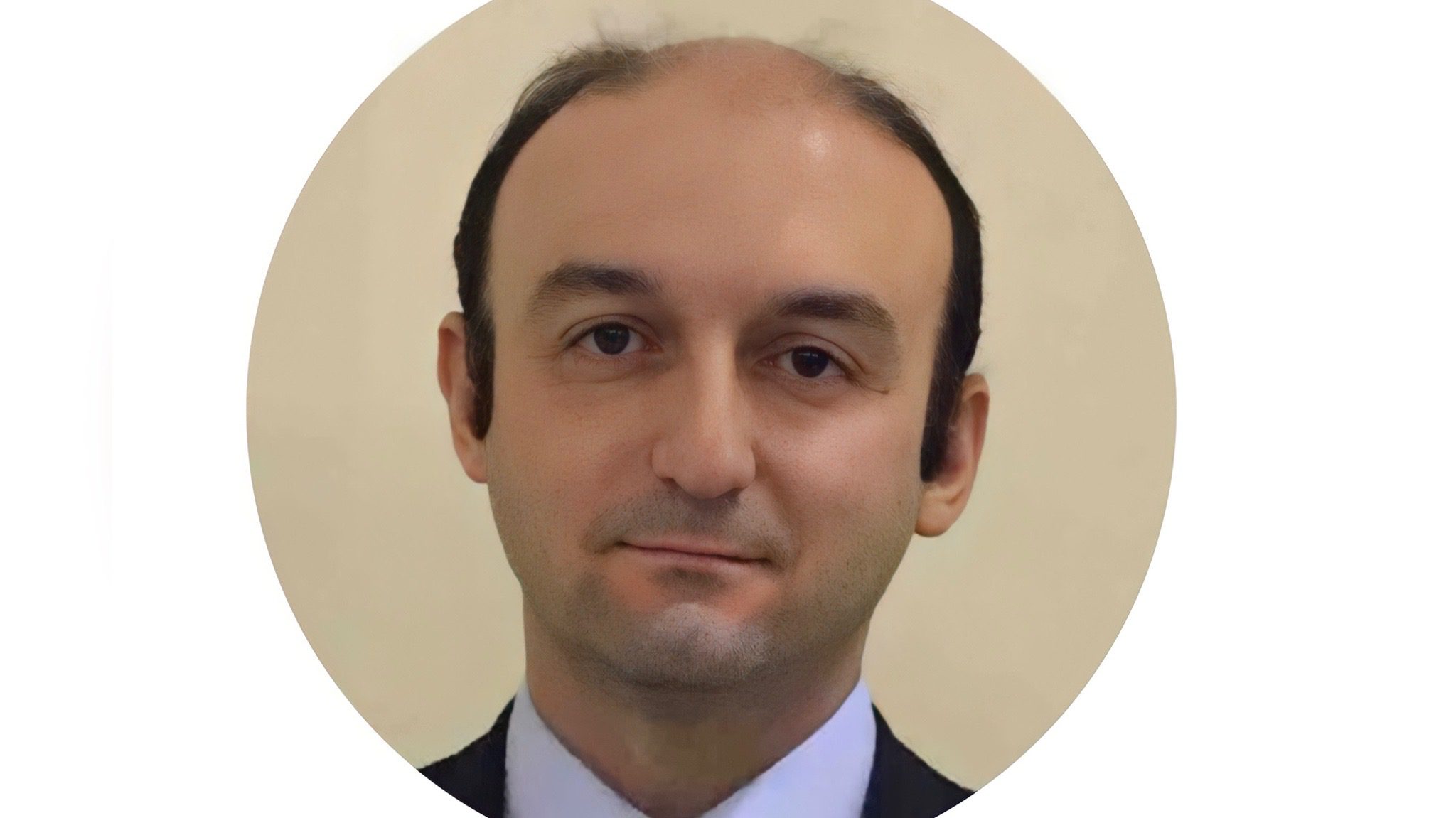Peter Coker Jr., left, is issued search warrants from police at his villa on the southern resort island of Phuket, Thailand, Jan. 11, 2023.
Crime Suppression Division, Royal Thai Police | AP
CAMDEN, N.J. — The former fugitive at the center of a securities fraud case involving a $100 million New Jersey deli was ordered held without bail Monday as a federal judge ruled he is a serious flight risk.
A magistrate judge had approved Peter Coker Jr.’s release on a $1.5 million bond in late March, but he remained in an Essex County jail as prosecutors appealed the ruling.
During a hearing Monday in federal court in Camden, New Jersey, and in motions filed before the court, prosecutors argued Coker Jr. should be held pending trial because he had renounced his U.S. citizenship, had “extensive” links to foreign countries and owned more than $3 million in assets.
Judge Christine O’Hearn sided with the government. She repeatedly noted that Coker Jr., who had been living in Phuket, Thailand, for the past year and a half, had made no effort to contact the authorities to turn himself in after he learned he’d been indicted in September.
She said Coker Jr. was only in the U.S. to answer the charges against him because federal authorities eventually tracked him down to Phuket and extradited him to the U.S.
Coker Jr., who was smiling as he was led into court clad in a yellow jail jumpsuit, didn’t make formal comments to the judge.
The 53-year-old Coker Jr., his father, Peter Coker Sr., and a third man, James Patten, were charged in a 12-count indictment for securities fraud and conspiracy for allegedly concocting a scheme to inflate the stock prices of two companies, Hometown International and E-Waste.
At the time of the alleged actions, the firms’ market capitalizations exceeded $100 million each even though Hometown’s only asset was a small deli in Paulsboro, New Jersey, that made no money and E-Waste was a shell company, according to prosecutors.
Coker Jr.’s defense attorney, John Azzarello, argued his client had made no efforts to hide while in Phuket. He also said Coker Jr. had not changed his name or made other attempts to evade capture from authorities after learning about the charges against him.
When O’Hearn questioned why Coker Jr. didn’t try to contact the government or turn himself in after he learned he had been indicted, Azzarello explained that his client had been hospitalized with cirrhosis and hepatitis.
There was “fear and concern” that if Coker Jr. turned himself in to Thai authorities, he would be forced to get on a more than 25-hour plane ride to the U.S., Azzarello said. He added that Coker Jr.’s local doctors had advised him not to travel because of his health issues.
Assistant U.S. Attorney Shawn Barnes acknowledged that Coker Jr. had health concerns, but said officials could have made arrangements to ensure his safety while traveling.
O’Hearn decided Monday there were no conditions that could reasonably assure Coker Jr.’s return to court. She agreed that he was a flight risk because he is not a U.S. citizen, does not have significant ties to the U.S. and is not currently employed, among other reasons.
Calling Coker Jr. a “sophisticated defendant” who is “very familiar with international travel,” O’Hearn said her “main concern” was that he didn’t attempt to surrender after he learned he was indicted. She also cited his assets and “little if any” family ties.
“I am surprised,” Azzarello told CNBC of O’Hearn’s decision after the hearing.
He said he wasn’t yet sure about his next move and whether he would propose a different bail package or attempt to appeal the judge’s ruling.
After the judge delivered her ruling, Coker Jr.’s mother cried in the gallery and outside of the courtroom. She and her husband, the elder Coker, declined to comment to CNBC.

























































